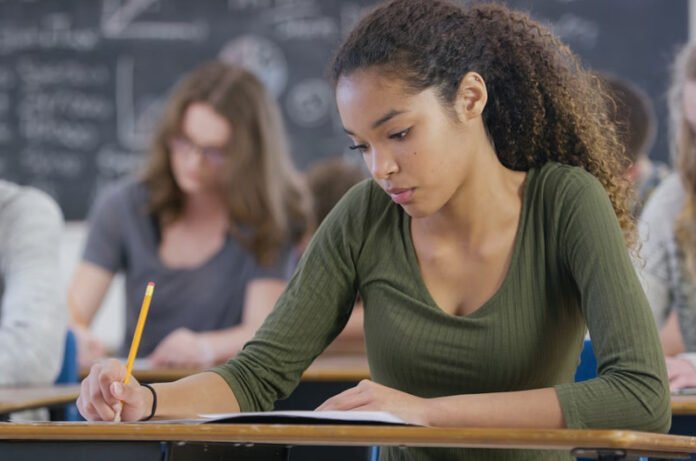Standardized testing has long been a controversial topic in education. Although it aims to provide a standardized measure of students’ knowledge and skills, many argue that it fails to capture the full range of students’ skills and abilities. As a result, there has been a growing call to revise standardized testing and explore alternative assessment methods that better align with the goals of education.
1. Performance-Based Assessments
An alternative to standardized testing is performance-based assessment. Rather than relying solely on multiple-choice questions, performance-based assessments allow students to demonstrate their knowledge and skills through real-world tasks and projects. This approach provides a more comprehensive picture of student abilities and encourages critical thinking, problem-solving, and creativity.
2. Portfolios
Another alternative is to use a portfolio. Portfolios are student work collections showing their progress and achievements over time. By including multiple assignments, projects, and reflections, portfolios provide a more comprehensive view of students’ abilities. They also allow for self-evaluation and reflection, developing metacognitive skills.
3. Authentic Assessments
Authentic assessments are assessments that reflect real-world contexts and tasks. These assessments require students to apply their knowledge and skills in meaningful ways. Examples of accurate assessments include simulations, case studies, and problem-solving tasks. By focusing on real-world applications, accurate assessments better prepare students for the challenges they will face outside the classroom.
4. Formative Assessment
Rather than relying solely on high-stakes summative assessments, incorporating formative assessment methods can provide valuable feedback to students and teachers. Formative assessments are ongoing assessments that inform instruction and help students track their progress. By providing timely feedback and opportunities for improvement, formative assessments foster a growth mindset and support personalized learning.
Finally, standardized testing has limitations, and exploring alternatives and improvements in assessment methods is essential. Performance-based assessments, portfolios, authentic assessments, and formative assessments offer more comprehensive and meaningful ways to assess student learning. By embracing these alternatives, we can better support students’ growth, develop critical thinking skills, and prepare them for success in the real world.




